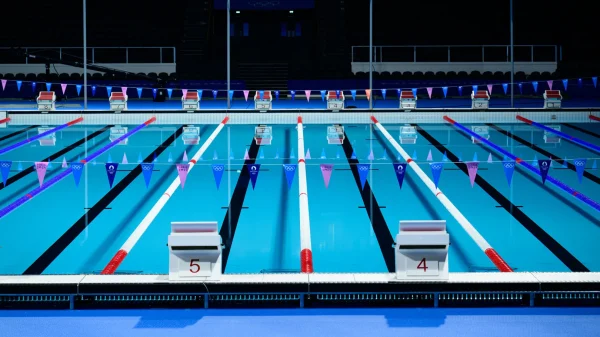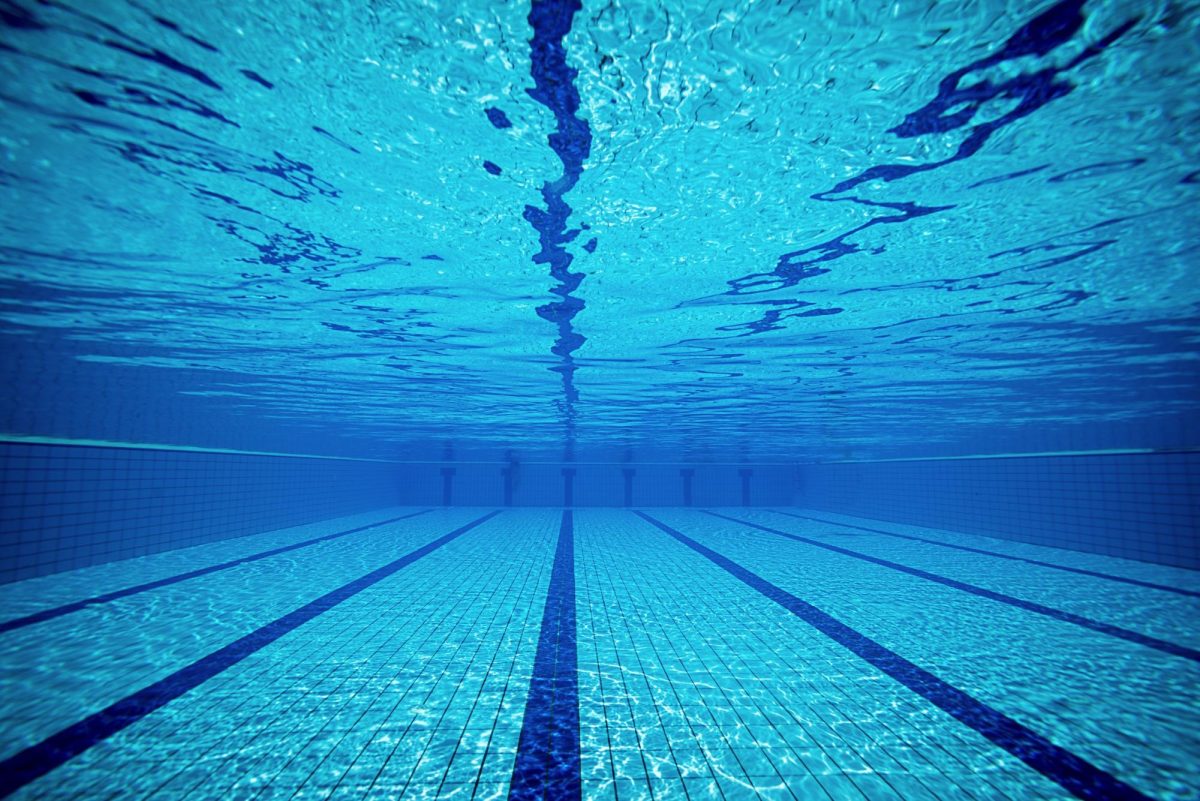Swimming is an essential life skill, especially in regards to preventing the possibility of drowning as well as providing knowledge on how to react in an emergency situation. Alternatively, swimming is also great for both physical and mental health.
Mitch Lomax a pulmonologist and exercise physiologist at the University of Portsmouth in the United Kingdom states, “Swimming provides an array of specific benefits such as improved cardiovascular and respiratory fitness, improved muscle strength and endurance, improved lean body mass, lower risk of traumatic injuries such as occurs during high-impact activities and improved mental health and wellbeing.”
Not only is swimming a great sport that offers many health benefits, such as improved cardiovascular health, but it can also be a great form of exercise. Swimming can aid in building endurance and help with maintaining a healthy weight. Also, swimming can be excellent for mental well-being because swimming induces endorphins, which are associated with stress reduction. Therefore, swimming should be considered a necessary life skill.
According to the Centers for Disease Control and Prevention, drowning is the leading cause of unintentional death among children ages 1-4 and the second leading cause of death for children under the age of 14. The impact of a non-fatal drowning is often underestimated as many of the individuals that have experienced non-fatal drownings have never fully recovered and need some type of care/treatment for the rest of their lives. Victims may only live a few months or years after a non-fatal drowning and have a very decreased quality of life, “Drowning is a leading cause of death for children. Drowning can result in long-term health problems and costly hospital stays.”

Image: CitySwim









































